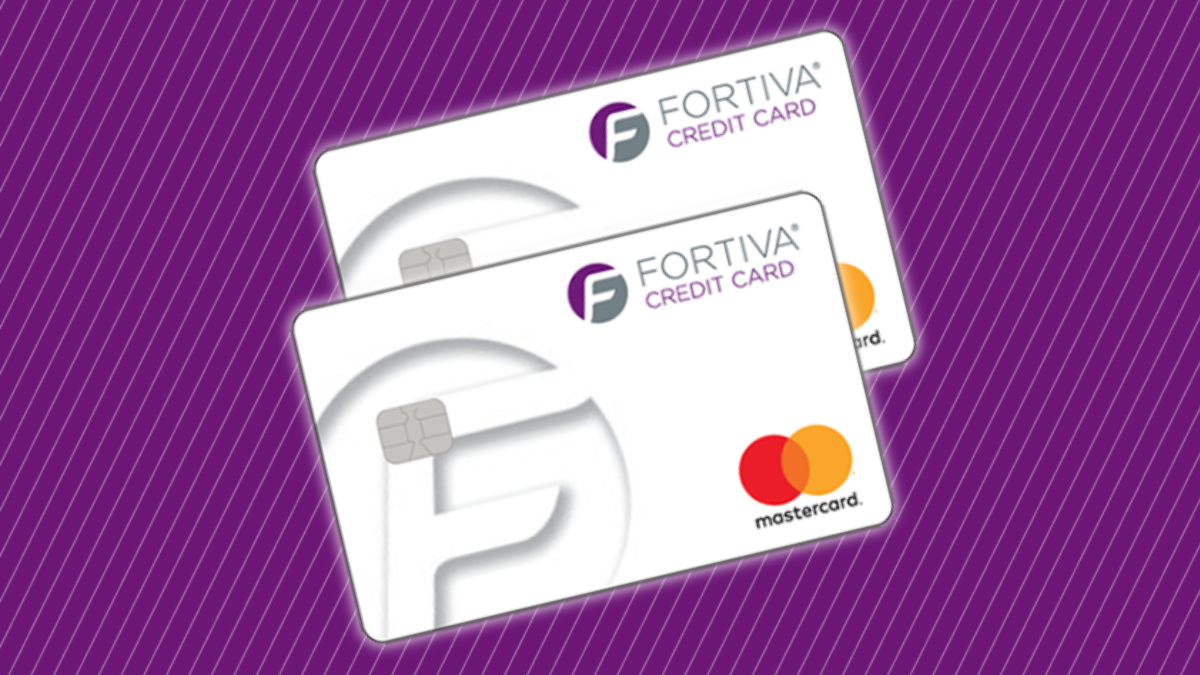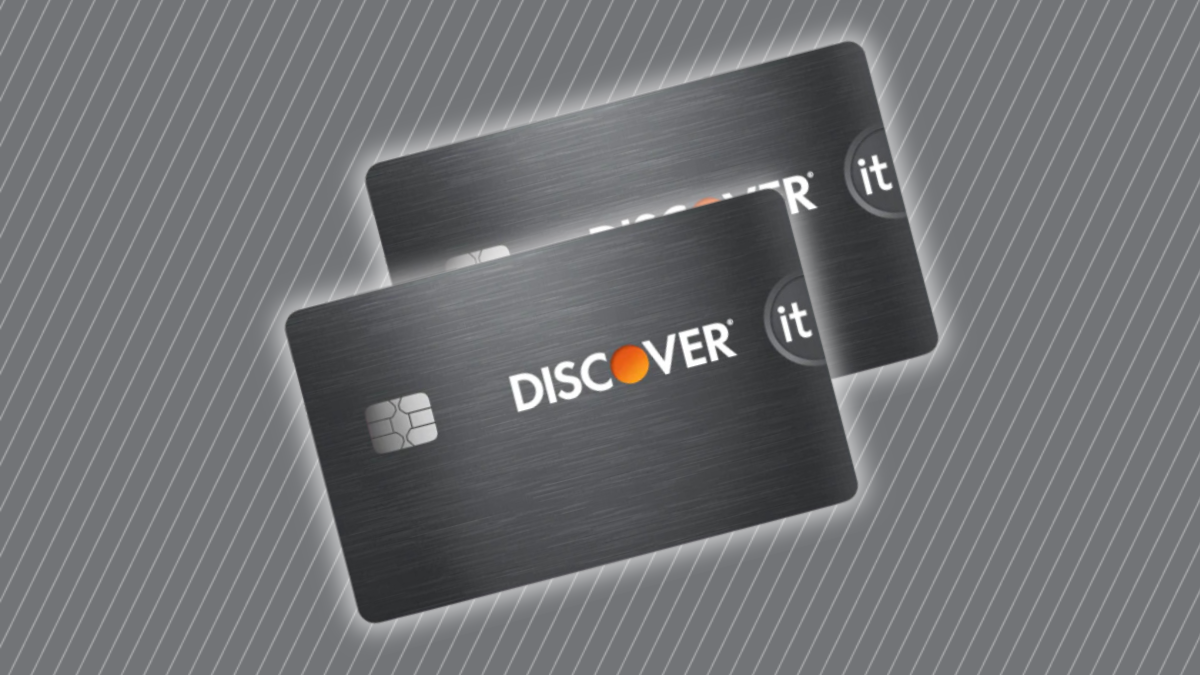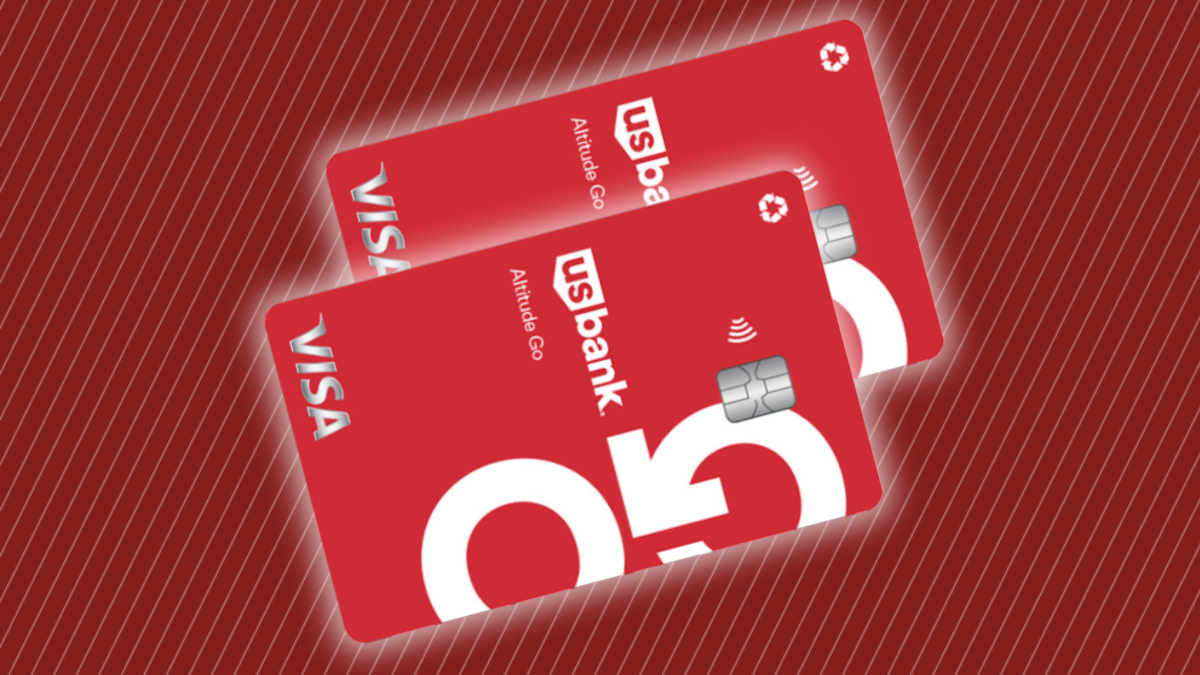Credit Cards
Don’t Let Limited Credit Hold You Back: Choose the Credit Card Tailored for You
Looking to build your credit from the ground up? There are credit cards specialized in helping you establish or even rebuild your credit history. Explore a guide to credit cards for limited credit and start your journey to financial empowerment!
Advertisement
Securing your approval for a card can pose a significant challenge, especially when dealing with a less-than-ideal score. But, credit cards for limited credit can also provide significant advantages!
You will be redirected to another website
You’ll receive messages for less than 1 week, with a maximum of 1 message per day. You can unsubscribe anytime by replying STOP. By submitting this form, I confirm that I am 18+ years old and agree to the Privacy Policy and Terms and Conditions. I also provide my signature, giving express consent to receive informational messages via automated emails, SMS, MMS text messages, and other forms of communication. Message frequency may vary as part of our good-faith effort to respond to your inquiry. Message and data rates may apply. Text STOP to cancel. I understand that my consent to receive communications is not a condition of purchase and that I may revoke my consent at any time.
Take control of your finances: credit cards for limited credit, tailored to your needs
Having a poor credit history doesn’t need to stop you from enhancing your purchase power. And numerous credit cards are tailored to individuals facing this scenario.
Besides, if you’re new to credit, these cards offer an easier approval process and some even offer basic rewards. So, continue reading to discover how they can assist on your credit journey!
Why is it important to have good credit?
Whether you’re looking to apply for credit cards, a car loan, a mortgage, or even financing for a new smartphone, having limited credit can get in your way.
Afterall, lenders assess your creditworthiness by reviewing your credit score. Moreover, a higher score can not only increase your chances of approval but also help you qualify for better rates.
Having a strong score can potentially qualify you for reduced interest rates. This goes for loans and credit cards. It could lead to decreased monthly payments and lower overall costs over time.
Overall, maintaining good credit is important because it can give you more financial flexibility, save you money, and open up opportunities in various aspects of your life.
How do financial institutions assess credit risk?
Even if you’re applying for credit cards for limited credit, know that your credit risk will be assessed. Usually, this includes various factors related to your financial situation.
But, one of the primary tools to evaluate is the FICO score. This is calculated based on several key factors. The most significant is payment history, which accounts for about 35%.
Then comes the amounts owed, or credit utilization rate. It makes up about 30%. Finally, only 15% of the score stands for the average age of your accounts.
Balancing these factors and maintaining responsible credit habits can help you achieve and maintain a strong FICO score.
What is limited credit, and how does it impact credit access?

As the term implies, this term pertains to individuals who have limited or inadequate credit history.
If you’re new to using credit or recently started building your credit profile, you might have limited credit.
And as you can probably guess, limited credit affects not only your access to credit cards but it also makes it challenging for you to qualify for loans, and other forms of credit.
Afterall, without a sufficient credit history, lenders can’t evaluate the risk of lending money. This makes them hesitant to extend credit.
Other ways it can impact your life
Moreover, even if you’re able to qualify for credit cards for limited credit, there are other impacts to consider. For example, you may get less favorable terms, such as higher interest rates.
And limited credit may even lead to lower credit limits being offered! As mentioned before, this is because lenders may view you as a higher-risk consumer.
Plus, it can impact non-credit aspects of life. For instance, securing a rental apartment or even obtaining employment. Afterall, checking credit history may be a part of the evaluation process.
However, if this is your situation right now, don’t worry! There are methods to enhance your score or build a credit history.
How can a credit card help build credit?
Although credit cards for limited credit offer less valuable benefits, they can be a great way out for people who need to establish credit or even rebuild it.
This is due to its revolving nature and impact on key credit scoring factors. By responsibly managing your credit usage, you can cultivate a positive history and incrementally improve your score.
Payment history
Paying at least the minimum amount due on time each month demonstrates to creditors that you are capable of managing credit responsibly.
This forms a critical component in credit scoring models like FICO.
Credit utilization
Credit cards for limited credit also influence credit utilization ratios. When you maintain low credit card balances in relation to your credit limits, it can positively affect your credit score.
As a result, this responsible use shows lenders that you are not overly reliant on borrowed funds.
Length of credit history
By opening a credit card account and keeping it open over time, you can increase the average age of your credit accounts, which can positively impact your credit score.
Credit mix
Revolving credit options, like credit cards, can also have a positive impact on your credit score. Afterall, it showcases to lenders that you can responsibly handle various credit types.
Other opportunities
Besides everything mentioned, having a credit card for limited credit can open doors to other financial opportunities. For example, as you build credit, it can make it easier to qualify for loans.
Moreover, you get approved easily for rental agreements, and even certain job opportunities that require a credit check.
Tips for choosing a credit card for limited credit

While building credit takes time, the right credit card and responsible use can help you get there faster. Moreover, you should know what to look for in a credit card offer.
This way, you can establish a solid credit history and qualify for better credit card offers in the future. Check out what to expect from a financial tool for limited credit.
Understand your credit profile
Although most people tend to ignore this when applying for a credit card, it’s essential to understand your credit profile.
So, it’s advisable to review your credit report and check your credit score to assess your current standing. This will help you identify cards that you’re more likely to qualify for.
Look for credit-building features
This might seem obvious, but when looking for credit cards for limited credit, look for features that can help you improve your score.
For example, sending reports to credit bureaus regularly about your account activity. When you’re looking to establish credit history, this is essential.
Secured vs. unsecured cards
In case you don’t yet know, there’s more than one type of card for people with limited credit. Secured credit cards necessitate a security deposit. This will serve as collateral for the credit limit.
As a result, these cards are often easier to qualify for with limited credit but may have higher fees. Unsecured credit cards don’t require a deposit but may have stricter approval requirements.
Check out fees and interest rates
As with any other financial tool you should carefully analyze the offer you’re about to apply for. This includes the fees and interest rates linked with the credit card.
So, look for cards with no annual fee and competitive interest rates, avoiding cards with high fees, as they can eat into your available credit limit.
Rewards and benefits
Although not a primary focus when establishing credit, certain credit cards for limited credit provide perks. For example, cash back, points, or other rewards that align with your spending habits.
These rewards can help you save money while building credit. Although there are limited options available, look for one that fits your financial profile, always considering fees and interest rates.
Prequalification
Some credit card issuers offer prequalification tools that allow you to see if you’re likely to be approved for a card without a hard inquiry on your credit report.
This can help you narrow down your options and avoid unnecessary credit inquiries.
How to maintain a good credit history?
While credit cards for limited credit are a great way to improve your score, only by using them responsibly can you actually see a positive result.
Besides, there are other strategies you can adopt to improve your overall financial well-being. Check out some key steps to help you maintain a positive score.
Ensure timely payment of your bills
Firstly, your payment history stands out as one of the most crucial elements to worry about. It can directly impact your credit score.
So, make sure to pay all of them on time. If you have to, set reminders to pay your credit card bills, loans, and utilities.
Maintain low balances
When you compare it to your credit limit, your balances from your credit card need to be lower. Afterall, if the balances are elevated, this can have an adverse effect on your score.
Limit your applications
Every time you seek credit, a hard inquiry is added to your credit report. Consequently, this action may lead to a temporary decrease in your credit score. So, don’t apply for too much credit at once.
Keep accounts open
As mentioned before, a determining role in your credit score is the duration of your financial activity, such as your accounts.
So, maintaining your old accounts open, even if they are not used frequently, can help sustain a longer credit history.
Recommendation: a guide to cultivating financial wellness

Credit cards for limited credit tend to be a temporary financial tool in order to obtain better credit. Then, you can actually apply for more traditional credit cards that usually offer more perks.
However, after improving your credit history, it’s essential to maintain healthy financial habits. Prioritizing aspects such as investing and budgeting can help you continually improve your financial health.
So, want to secure your financial future? Then, check out a complete guide that covers everything from setting financial goals and creating a budget to managing debt and building savings.
Whether you’re embarking on your financial journey or seeking to enhance your current financial standing, this guide offers valuable insights and strategies to help you get there!

Financial Wellness: Tips for Achieving
Discover essential steps to financial health, transforming your relationship with money and building a solid future.
Trending Topics

Shop Your Way Mastercard® Review: Easy Point Earnings
Discover in our Shop Your Way Mastercard® review how to earn big on gas and groceries while enjoying extended warranty perks on purchases.
Keep Reading
Reseña Destiny Mastercard®: línea de crédito de $300
La Destiny Mastercard® es una tarjeta de crédito sin garantía diseñada para aquellos que buscan reconstruir sus puntajes de crédito.
Keep Reading
Fortiva® Credit Card Review: An Objective Examination
The Fortiva Credit Card: Understand its features, benefits, and potential drawbacks. Make informed decisions for your financial health.
Keep ReadingYou may also like

Discover It® Secured Credit Card Review: Up to 2% cash back!
Unlock financial freedom with our in-depth Discover It® Secured Credit Card review. Enjoy 2% cash back with no annual fee!
Keep Reading
U.S. Bank Altitude® Go Visa Signature® Card Review: 0% intro APR
With this U.S. Bank Altitude® Go Visa Signature® Card Review, discover how to earn 20,000 bonus points in the first few months!
Keep Reading